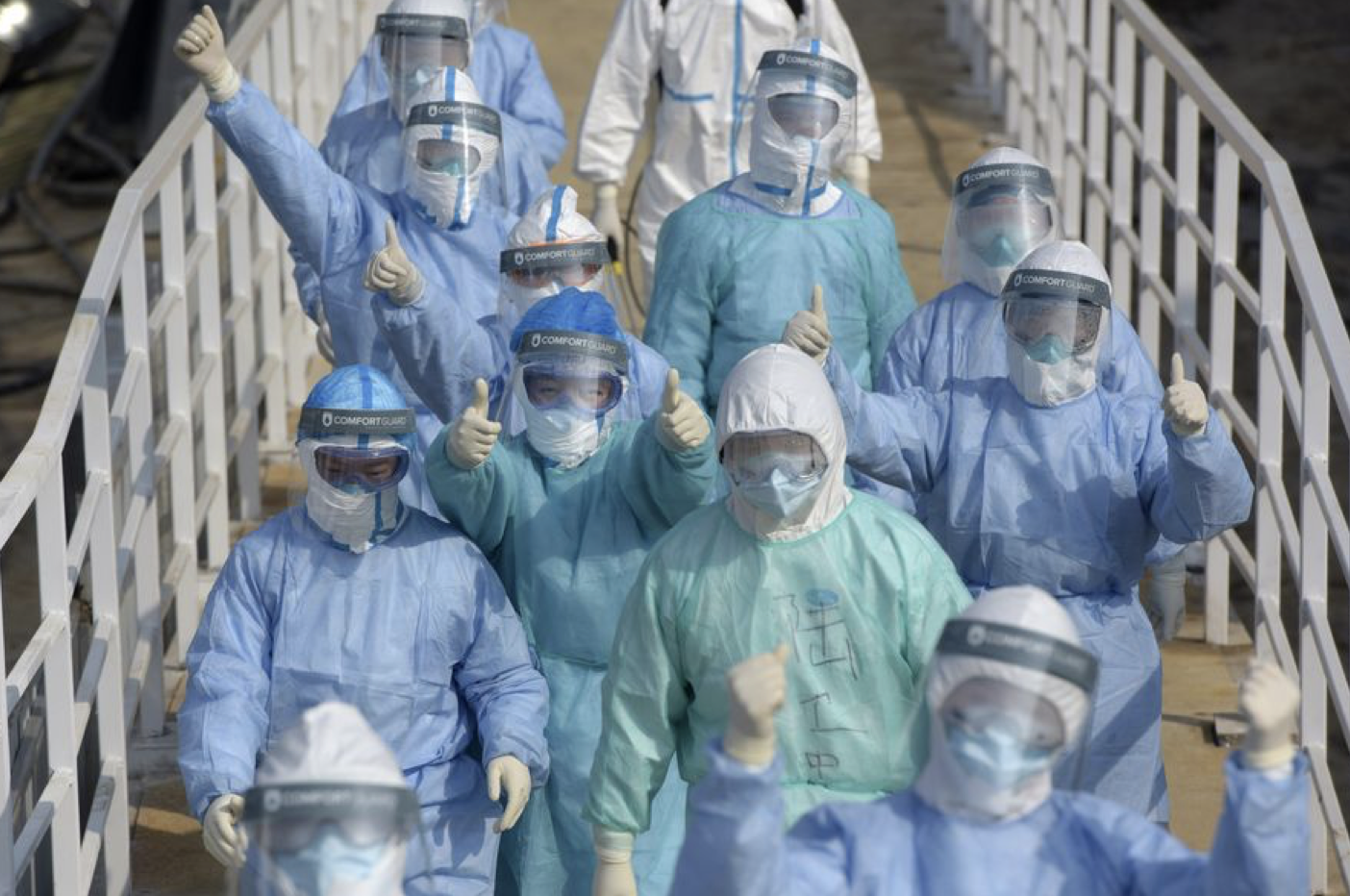
File photo
The overall number of confirmed cases of novel coronavirus infection on the Chinese mainland had reached 37,198 by the end of Saturday, China's National Health Commission said, noting that a total of 811 had died.
As the number of infected people rises, there has been a significant shortage of medical supplies in Hubei Province, the heart of the epidemic. In addition to government efforts, many people now volunteer to team up and collect medical supplies for the frontline staff.
Intellisia Institute, an independent think tank with a research focus on international relations, is one of the teams volunteering to promote donations and make purchases overseas.
Since January 24, when awareness of the epidemic grew increasingly intense, Chen Dingding, founder of Intellisia Institute, and his think tank colleagues have been busy contacting different people online to garner medical supplies and donations from various sources.
According to Deng Zheshu, a researcher at Intellisia Institute, more than 300,000 masks have been purchased overseas. At present, nearly 2,000 masks have been shipped back to Beijing. These masks were carried back by Chinese tourists who have come back from India in their own suitcases because of an export ban issued by the Indian government.
Deng said that more masks are on their way to China. The masks will be sent to Wuhan Children’s Hospital, Huanggang Hospital, Xiangyang No.1 Peoples’ Hospital and other hospitals in Hubei Province.
According to Chen, his team has encountered a series of obstacles in the process of gathering and transporting medical resources into Wuhan, including getting the qualificationsto allow for fundraising, inconsistent mask standards, tight supply and rising prices.
(Compiled by Yang Fan; thanks for the contribution of Tang Lin from Guangdong Radio and Television to this article.)


